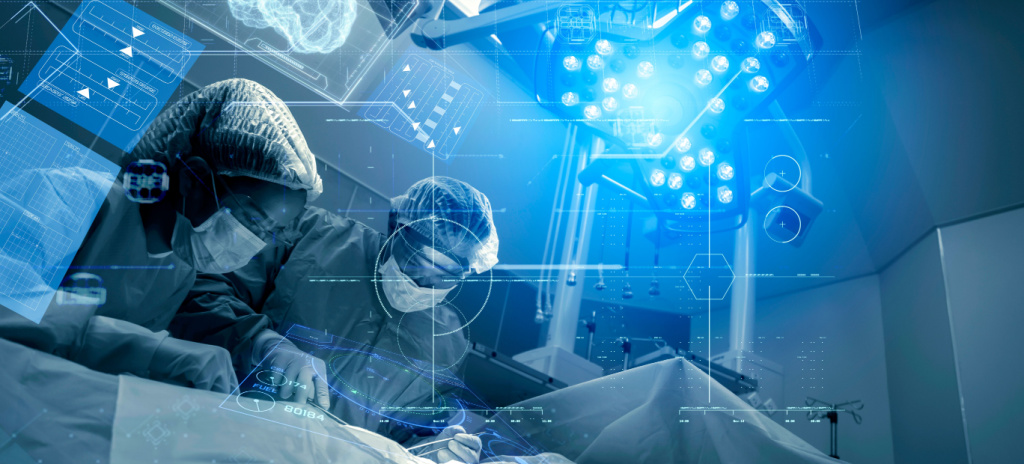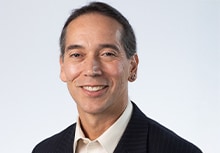
FIND A SUBJECT MATTER EXPERT BY TREND OR TOPIC
Minimally Invasive Medical Procedures
Minimally invasive procedures are gaining popularity for their ability to navigate the challenging environment of the human body safely. By using small incisions, these techniques minimize tissue disruption while ensuring precision within delicate anatomical spaces. This approach significantly reduces risks related to invasive surgeries, like minimizing blood loss, lowering infection risks, speeding up recovery, shortening hospitalization, and facilitating outpatient treatment, resulting in substantial economic benefits. They revolutionize healthcare across orthopedics, cosmetic surgery, reproductive health, cardiology, vascular procedures, urology, and more.
Sensors provide crucial real-time data on various parameters such as force, temperature, and pressure etc. offering invaluable insights into the patient's condition during surgery. Operating in the harsh and intricate landscape of the human body demands accurate and immediate feedback, which these sensors provide. This information empowers surgeons to make informed decisions and adjust their approach as needed, ensuring that the procedure remains safe and effective.
They also help to provide a promising solution to the critical issue of surgery backlog and the long periods that patients often need to endure while they wait to be scheduled for their procedures. Minimally invasive surgeries often require less time in the operating room compared to traditional open surgeries. This allows surgeons to perform procedures more efficiently, reducing time needed for each surgery, which translates to a higher volume of surgeries performed within a given timeframe. By streamlining surgical procedures and expediting recovery, minimally invasive surgeries offer a practical means to alleviate the backlog of surgeries. Their efficiency in reducing surgery times and enhancing patient recovery not only benefits individual patients but also helps healthcare systems address the challenges posed by surgical backlogs.
TE’s sensors are used in a variety of minimally invasive procedures. Since our subject matter experts are at the forefront of this beneficial trend, helping medical companies and medical professionals to improve quality of life, they can be a valuable resource to discuss the advancements underway today and coming in the future.

-
Michael Klitzke
- Senior Principal Systems Architect, Sensors
Contact us
For trade media, to speak with a TE Transportation or Sensors Group expert, please contact:
Deanna McCoy
deanna.mccoy@te.com

